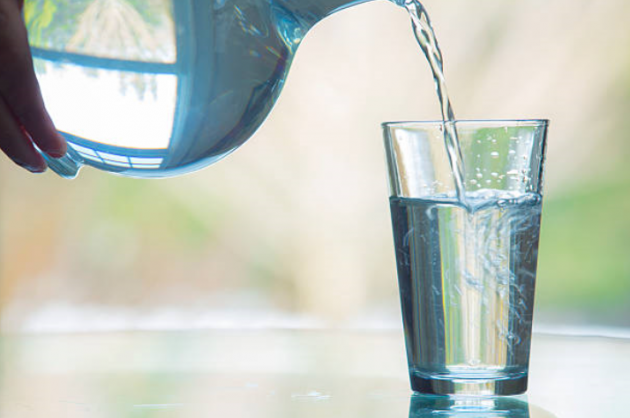With more than 30 years’ experience in the residential and commercial water treatment space, Mark Nelson is a Class 1 Drinking-Water Operator and a CBWA (Canadian Bottled Water Association) Certified Plant Operator. As founder and president of Nelson Water in Ottawa, Mark focuses on dealing with challenging water treatment system designs for problem water. He also heads the largest water bottling plant in the city of Ottawa with a delivery network throughout the Valley.
Thanks to media campaigns to raise awareness, many people now understand the importance of drinking adequate amounts of water each day. Recently, we have seen a trend of reports in the media about water pollution that has caused some people to worry about the safety of their water. The temptation is to taste and smell your water; if everything seems fine, then the water is probably OK to use. This is incorrect; the taste and odor of your water doesn’t mean that your water is safe to use. Some pollutants cannot be detected by taste or odor, and the scale of the problem may be larger than you can imagine.
The Scale of the Water Pollution Problem
It’s not uncommon to test drinking water supplies and reveal between twenty to thirty different chemical pollutants. These can be traced to a variety of sources, such as urban runoff, consumer products, industrial discharges and wastewater treatment processes. According to Statistic Canada data from 2015, close to 4 million people from Canada draw groundwater (underground aquifers supplies wells and springs and direct influence of surface water where microbial pathogens are able to travel from surface water to the ground source) as drinking water source.
How Does Groundwater Contamination Occur?
Groundwater refers to pockets of water located underground and between formations of rock. As this water travels through rock formations and soil deposits, it picks up a variety of natural contaminants. These natural contaminants are usually mineral deposits that are actually beneficial to our health. Unfortunately, our groundwater supplies can also be contaminated by pollutants from human activities, such as mining, agriculture, and runoff that can leach into the soil. These pollutants are picked up by the water as it makes its way into our groundwater supplies.
The Dangers of Groundwater Contaminants
A metallic taste in our drinking water is a good indicator that there are excessive levels of copper or iron present. When a smell of sulfur is noticed in drinking water, it’s a sign that hydrogen sulfide contamination may have occurred. These are signs of pollution that can be detected using our senses of taste and smell, but as we mentioned earlier, detecting water pollutants in this way is not always possible. In fact, there are hundreds of different contaminants that cannot be detected by taste or smell. Some of the health problems that could be caused by these pollutants include: gastrointestinal problems, increased cancer risks, liver and kidney damage and neurological disorders. The level of risk due to exposure to these pollutants is more pronounced in young children, the elderly and people that have a compromised immune system. Many of these pollutants are not particularly dangerous when ingested occasionally; the greatest risks arise from drinking them over a prolonged period of time.
A Selection of Common Contaminants
Research states that the top ten contaminants in public water systems include: Legionella, Giardia, Norovirus, Copper, Salmonella, Hepatitis A, E. Coli, Cryptosporidium, Campylobacter, and Shigella. Many of these contaminants are viral or bacterial in nature and would have no impact on how your water tastes or smells. Some common nonbacterial contaminants include: fluoride, iron, selenium, chromium, cadmium, aluminum, nitrate and lead, are also hard to detect, and many are associated with serious health issues.
Because of these water contamination issues, people in increasing number are taking additional steps to secure the safety of their drinking water supplies. There are many different types of water treatment solutions available to handle a wide variety of water quality problems. A local water treatment specialist will be able to offer sound advice on the water treatment solution that will suit your needs.

